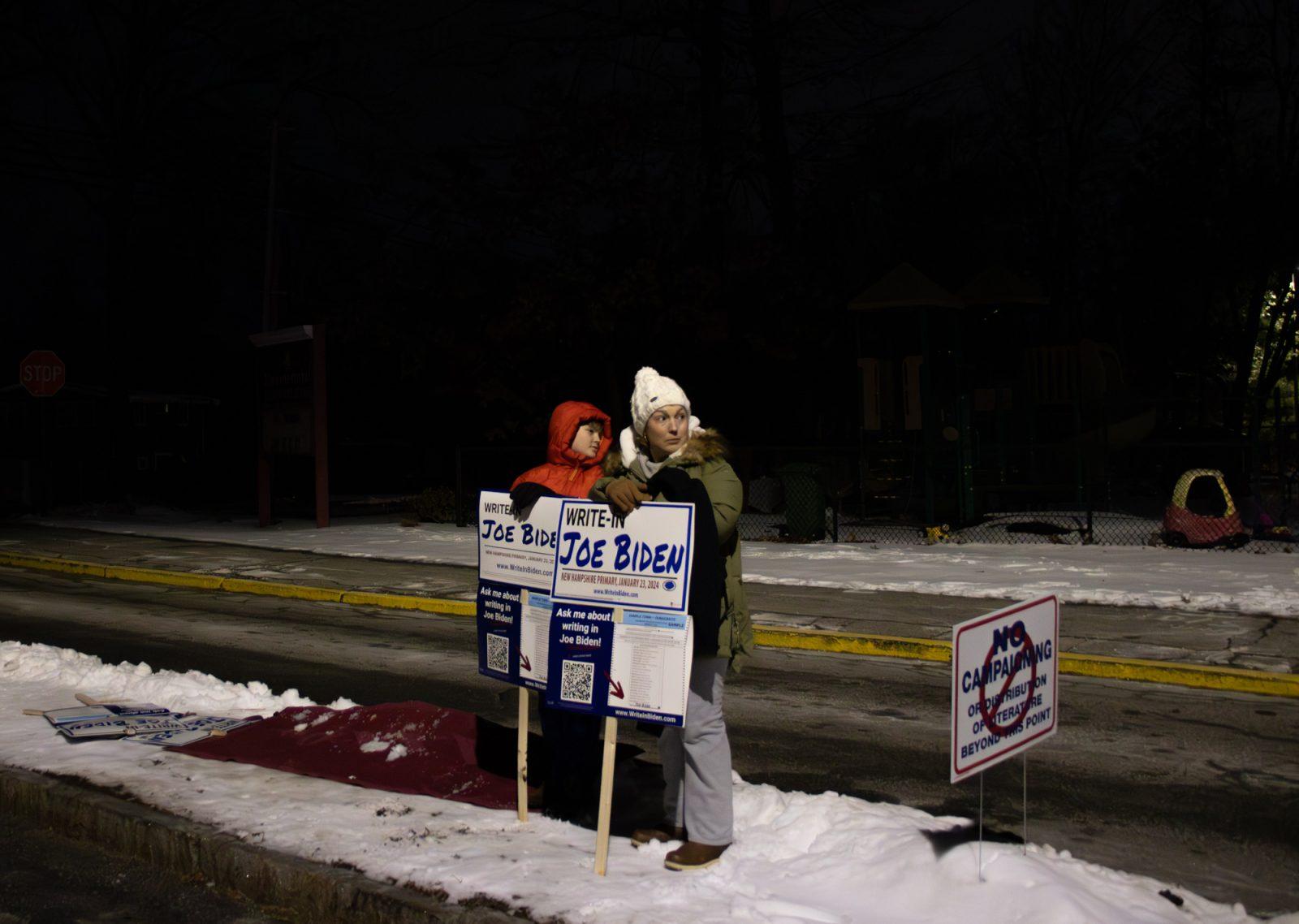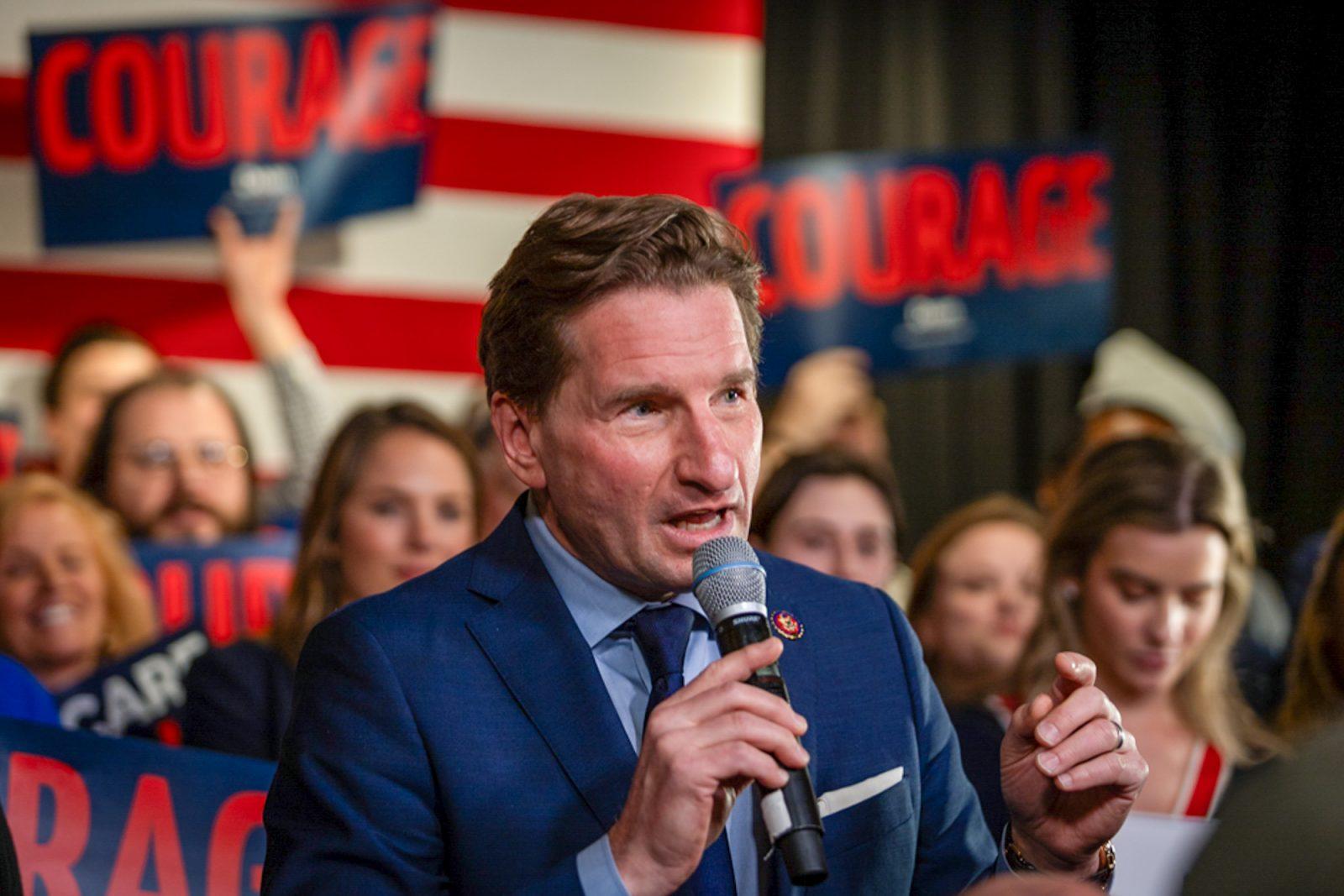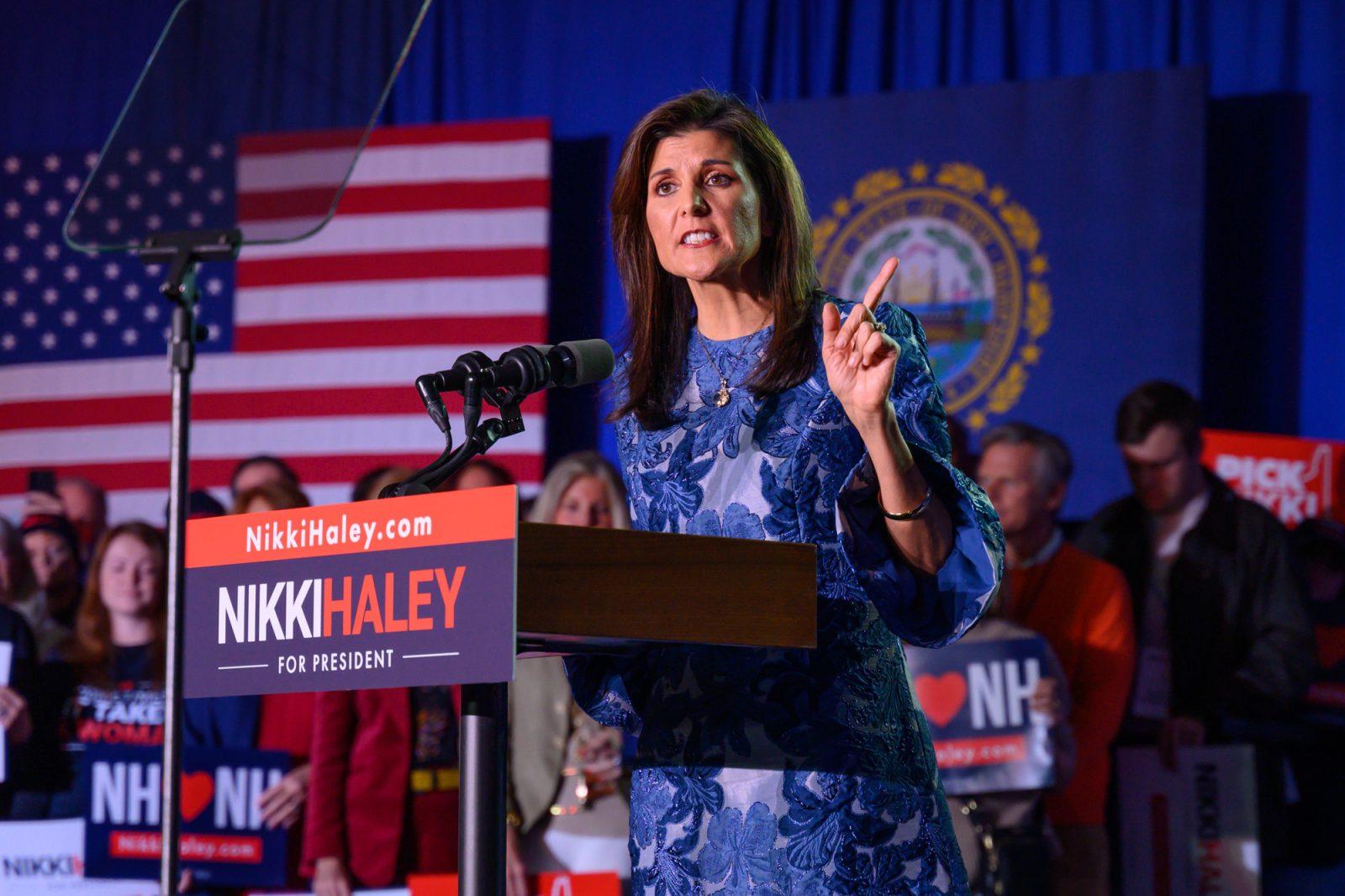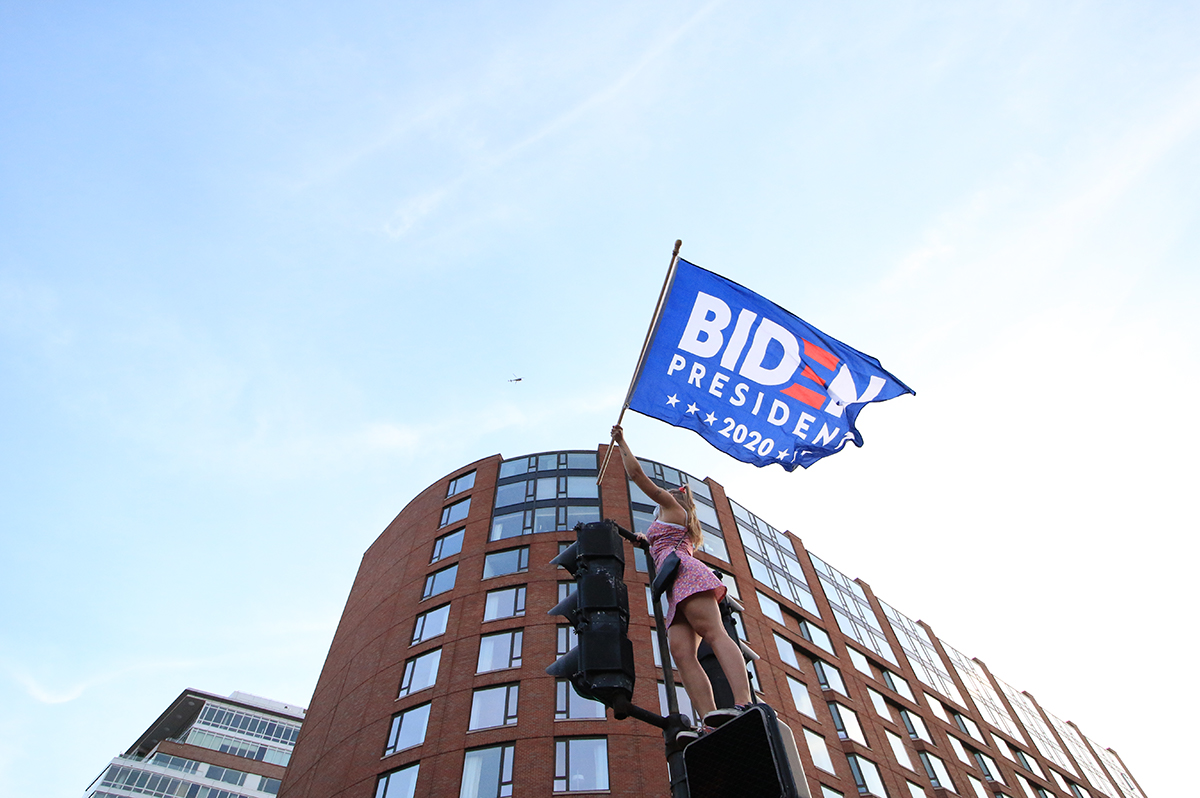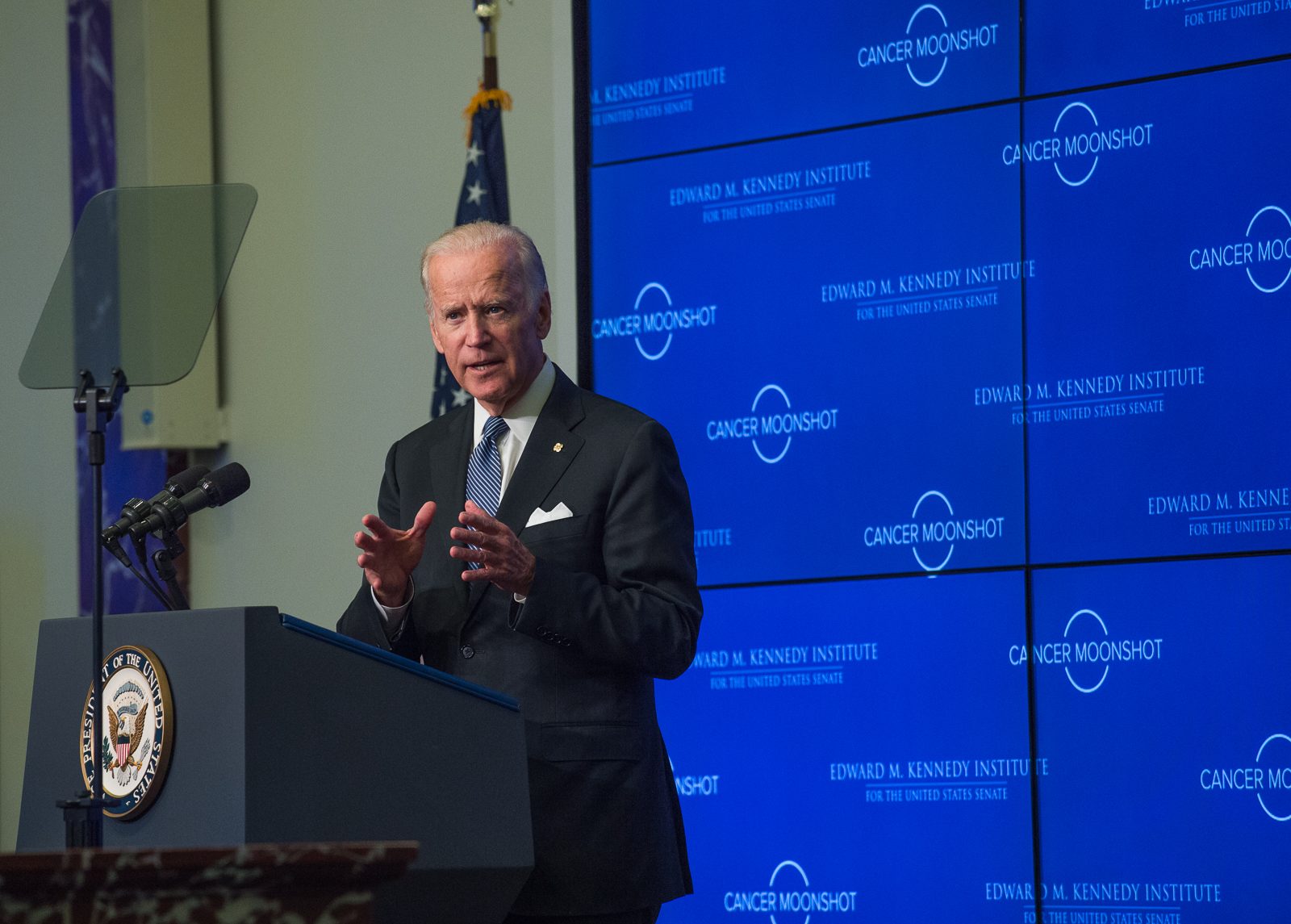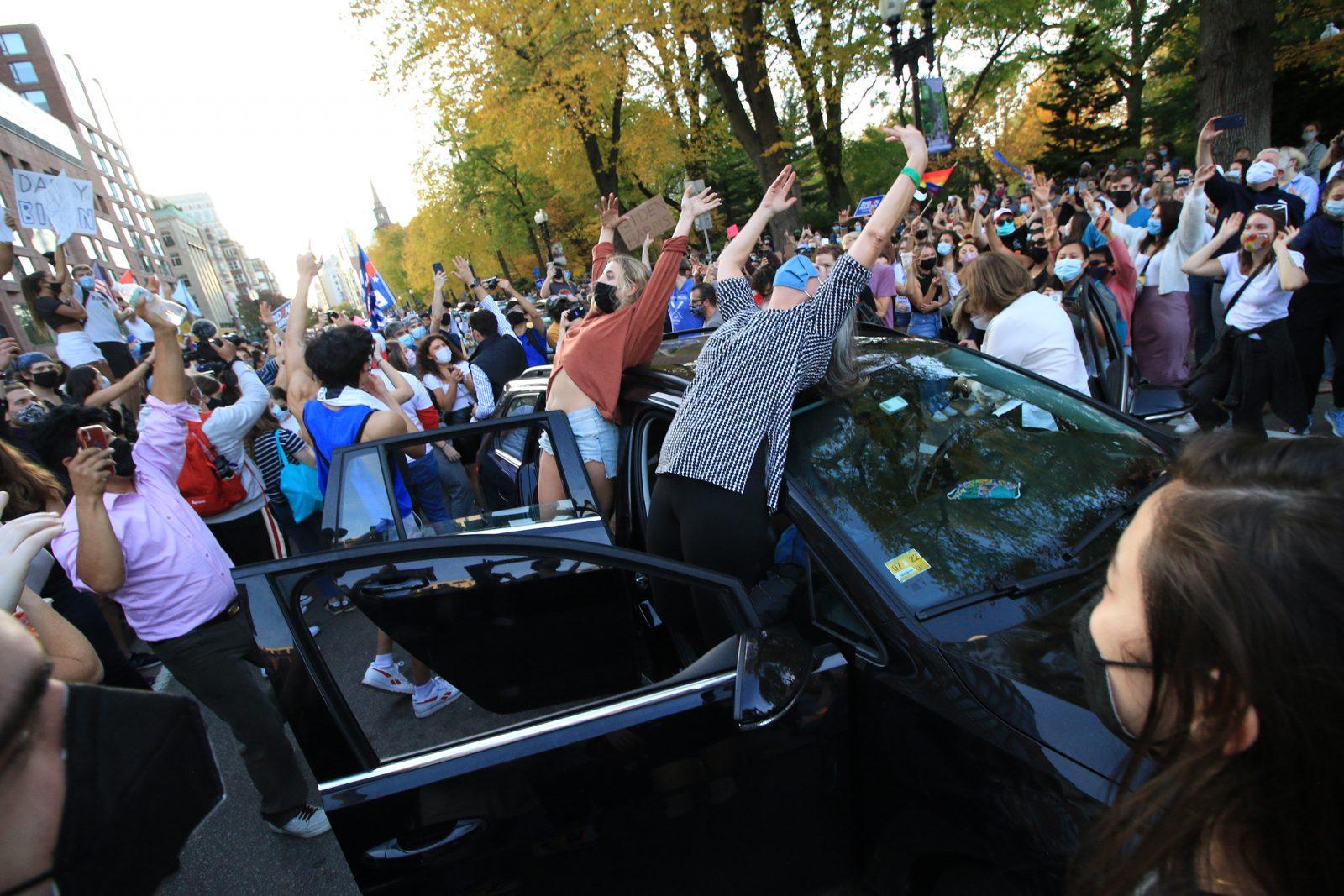The Boston Superior Court granted an order on Wednesday that temporarily restrains police officials from carrying out an eviction of the Occupy Boston encampment at Dewey Square.
Attorneys from the National Lawyers Guild and the American Civil Liberties Union filed the restraining order in support of Occupy Boston against the city of Boston in Superior Court.
The restraining order would prevent the “forcible removal” of protesters from Dewey Square, according to an ACLU press release.
The order is a “Declaration from the Court recognizing the right to peaceful protest and assembly under the U.S. Constitution and the Massachusetts Declaration of Rights,” according to the press release.
The restraining order is also an injunction to prevent a nighttime raid unless there is a fire, medical emergency or an “outbreak of violence.”
The restraining order was also filed in response to the dismantling of the Occupy Wall Street camp at Zuccotti Park early Tuesday morning by New York City officials.
Corporation Counsel for the City of Boston William Sinnott said during the court hearing that Occupy Boston is an “amorphous” party, and that it is difficult to have them commit to obeying the law.
Sinnott asked the court to not issue an order that requires the police to notify the protesters before carrying out an eviction.
“If they think that there is going to be a takedown in Boston, they will mobilize,” Sinnott said. “They will call the troops. They will Tweet, use social media to bring as many protestors as possible to Dewey Square . . . ”
He said that such action would place police officers and the public “in jeopardy.”
“What will be a manageable eviction of parties would become an issue of public and officer safety,” he said.
Sinnott said that the city must have the latitude to assess circumstances on the ground on a daily basis “to make its decision based on the welfare of all.”
“The interest in public safety favors having some notice and some discussion of those issues prior to removal [from the camp],” said Judge Frances McIntyre.
Attorney Howard Cooper, of Todd & Weld LLP, represented Occupy Boston in court to defend the protesters’ right to free speech and assembly.
“It is profoundly disturbing to hear the chief corporation counsel essentially telling this court to disregard the rule of law in an opportunity to be heard in court based upon known facts,” Cooper said.
Cooper said that Sinnott was asking the judge to ignore the First Amendment’s rights, and any assessment of them.
A further hearing on a preliminary injunction is set for Dec. 1.
Cooper said he believed that the order was a “victory for all of us,” and that McIntyre believes in the “rule of law” and accepts that everyone “enjoys these very important First Amendment rights.”
Around 15 members of the Occupy Boston movement waited outside the courtroom.
Occupy Boston Media Team volunteer Philip Anderson, who was one of the 15 protesters outside, said that he thinks Occupy Boston’s “relationship” with the city, police and the Rose Kennedy Greenway lean toward giving protesters “a better chance.”
“I think Boston is in a better position to make a positive decision on this [hearing] than New York, because yesterday, the New York judge denied Occupy Wall Street’s request, basically for the same thing we’re doing,” he said.























































































































